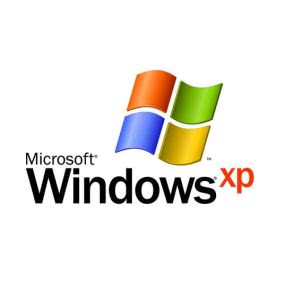Windows XP Diagnostic Guide
The people over at Comcast have published a free troubleshooting guide for Windows XP operating systems. There is of course no 100% fool proof way to fix a Windows XP system, the problems that can occur are manifold and no article can ever deal with every possible error.
The diagnostic guide covers popular solutions that will help the majority of users, and best of all, they are all software based so that you do not need to invest in new hardware or a third party repair service to get the job done.
Update: The resource is no longer available, and web caches don't have a copy of it either. We have removed the link as a consequence. Windows XP is no longer supported by Microsoft.
The nine chapters start with anti virus and anti spyware advice, mainly to make sure that the system is malware and spyware free to prevent it from showing any symptoms associated with that including slowdowns, popups, missing files or being used as part of a bot network.
Chapter two and three give advice to use Windows Update, and to update system drivers regularly which are good but rather general tips. Most users should have up to date drivers and use Windows Update to protect the system from newly discovered security vulnerabilities. Still, if you have not done it for a while you should read through the chapters for an overview of what needs to be done to protect your system in the most appropriate manner.
Chapter four, five and six deal with hardware errors and how they can be detected. It links to diagnostic tools for hard drives, memory and the processor that can be used to analyze the hardware to make sure it is working correctly.
The last part of the guide deals with Internet related issues and advanced issues that users may experience. The Internet chapter is not really that helpful in my opinion, but the advanced chapter has some great tool recommendations that users can make use of.
The majority of programs recommended in the article are still available on today's Internet. Memtest86+ and Prime95 are for instance great tools that many system builders use to test their PC systems before they hand it over to clients.
Windows users who do not use XP, but a newer version of the operating system, may notice that some things have changed in their systems. Windows Update for instance cannot be opened anymore in a web browser, it now needs to be launched from the operating system's start menu.



















